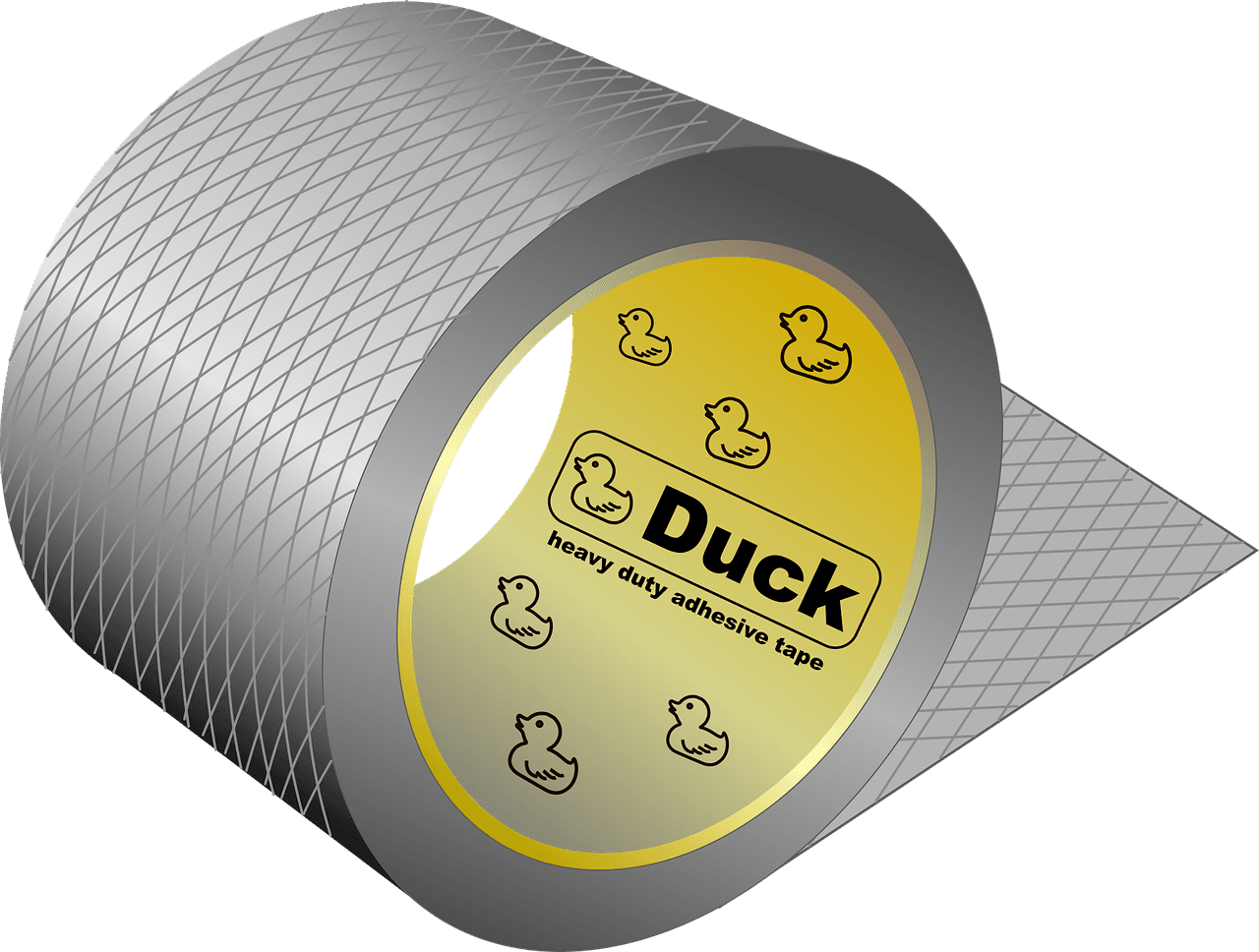Importance of a car maintenance schedule by mileage or time
A car maintenance schedule, whether based on mileage or time, is of paramount importance for several reasons. It plays a crucial role in ensuring the longevity, safety, and performance of your vehicle. Here's why maintaining a car maintenance schedule by mileage or time is vital:
Preventative Maintenance
Regularly scheduled car maintenance by mileage or time allows you to address potential issues before they become major problems. By following a maintenance schedule, you can catch wear and tear on various components early, preventing costly breakdowns and repairs. This proactive approach ensures your car remains reliable and safe to drive.
Longevity of Your Vehicle
Maintaining a car is like taking care of your health. Regular check-ups and timely interventions can significantly extend the lifespan of your vehicle. Components that are well-maintained tend to last longer, reducing the need for premature replacements. Safety
A well-maintained car is a safe car. Regular maintenance checks include critical safety components like brakes, tires, lights, and steering systems. Ensuring these parts are in good working order helps prevent accidents and keeps you and your passengers safe on the road.
Optimal Performance
Scheduled maintenance helps your vehicle maintain optimal performance. This includes fuel efficiency, engine power, and overall drivability. Clean filters, well-lubricated components, and properly inflated tires contribute to a smoother and more efficient ride.
Warranty Compliance
Many vehicle warranties require that you adhere to a manufacturer-recommended maintenance schedule. Failing to do so may void your warranty, leaving you responsible for potentially expensive repairs that would otherwise be covered.
Cost Savings
Regular maintenance, even if it involves some upfront costs, can save you money in the long run. Addressing minor issues during routine maintenance is typically more affordable than waiting until they escalate into major problems. It also helps you avoid the inconvenience of unexpected breakdowns.
Environmental Impact
A well-maintained car is often a more eco-friendly one. Properly tuned engines produce fewer emissions, and well-inflated tires improve fuel efficiency, reducing your carbon footprint.
Resale Value
If you plan to sell or trade in your vehicle in the future, a well-documented history of regular maintenance can significantly boost its resale value. Potential buyers or dealerships are more likely to pay a premium for a car that has been well cared for.
Whether you rely on your owner's manual or the guidance of a trusted mechanic, maintaining a car based on the ideal schedule is a wise investment in your car's well-being. So, how can you get scheduled car maintenance by mileage or time with Detailed Vehicle history for free?


